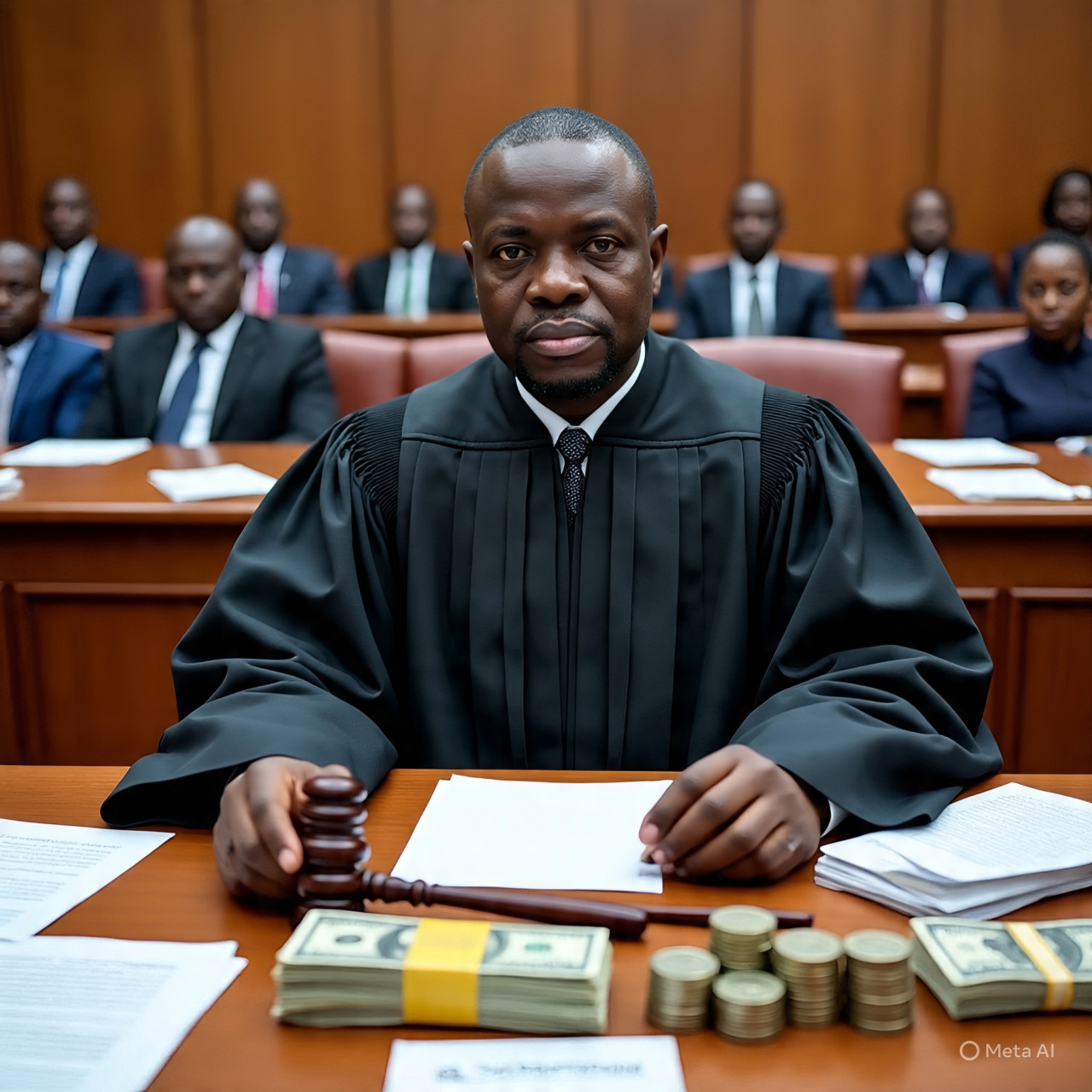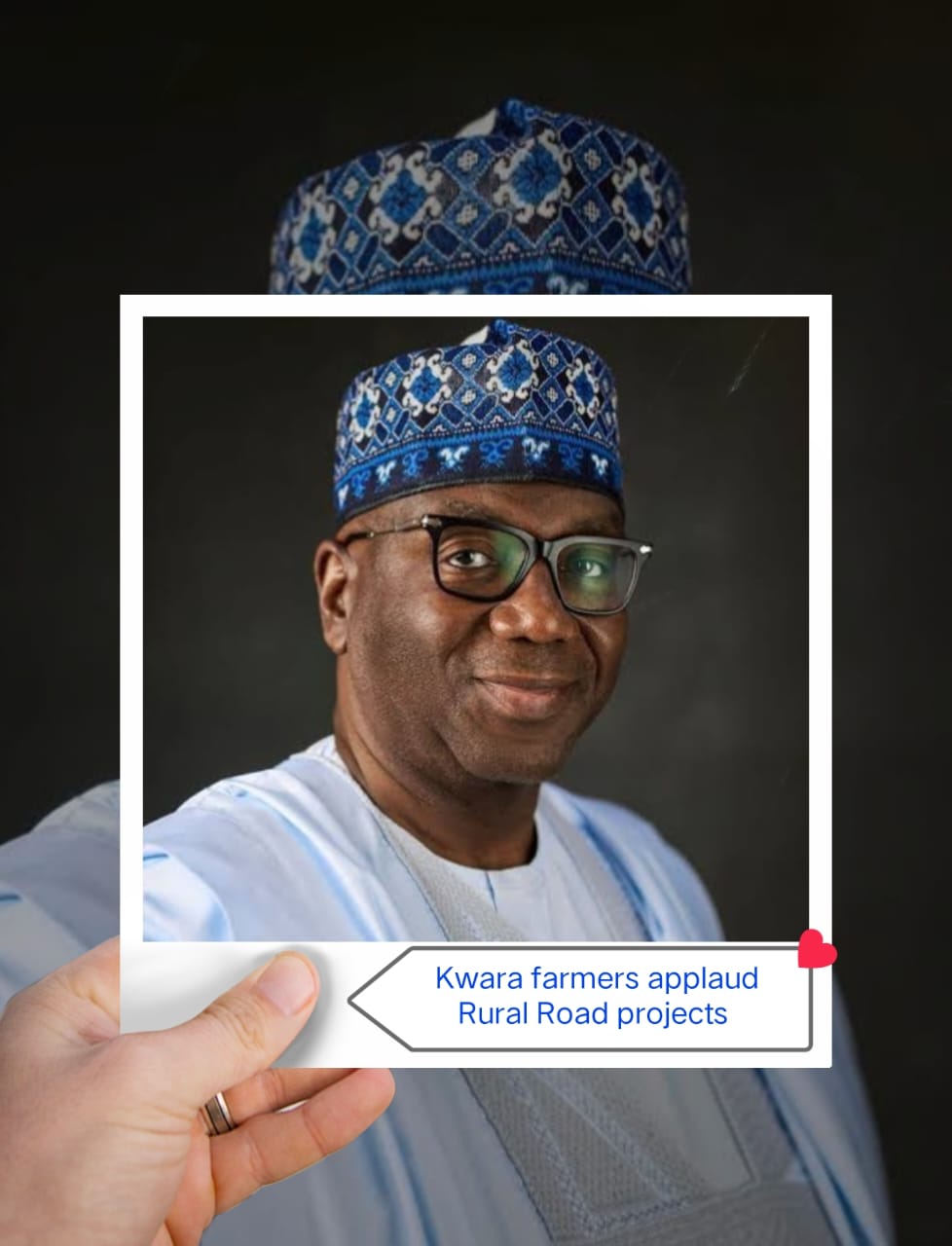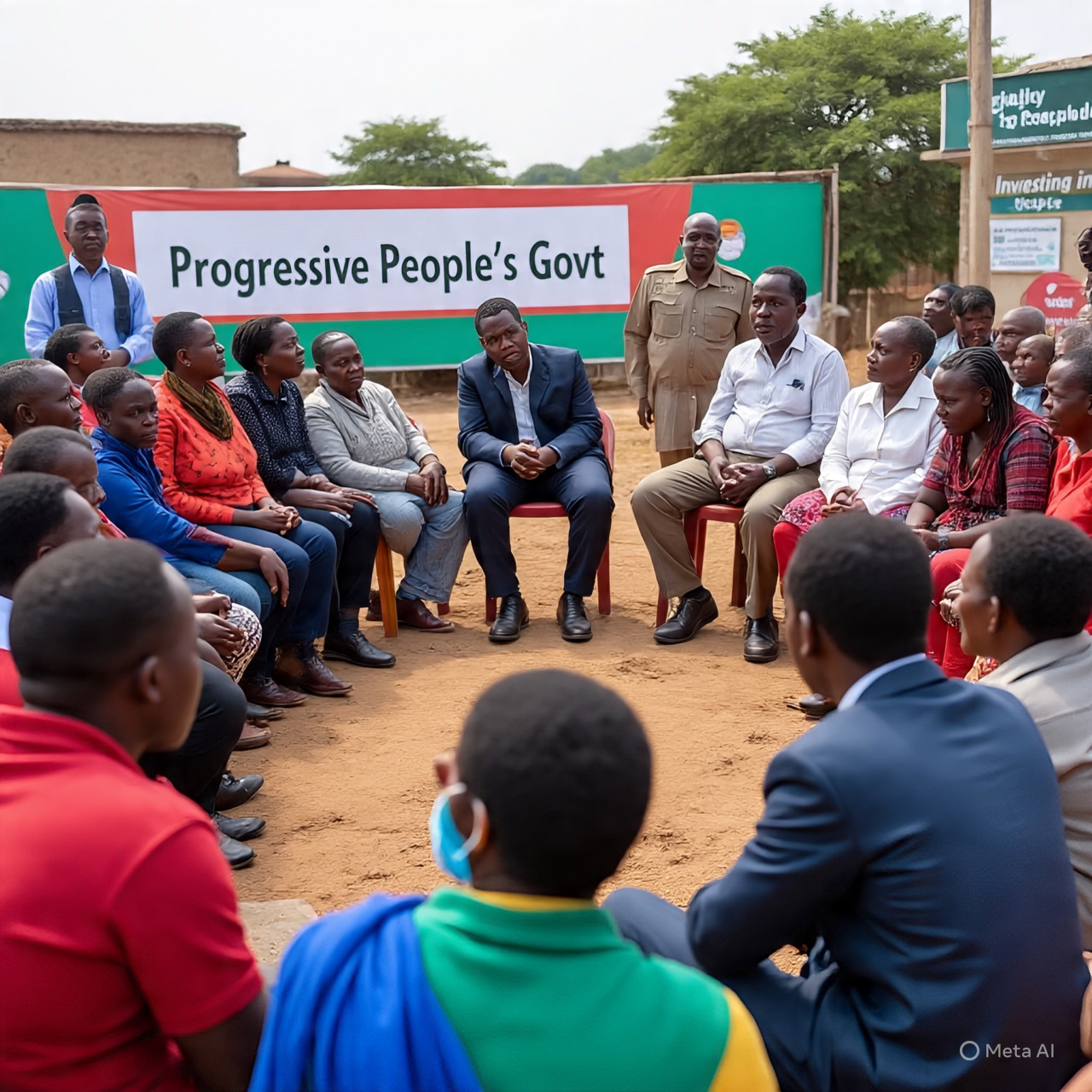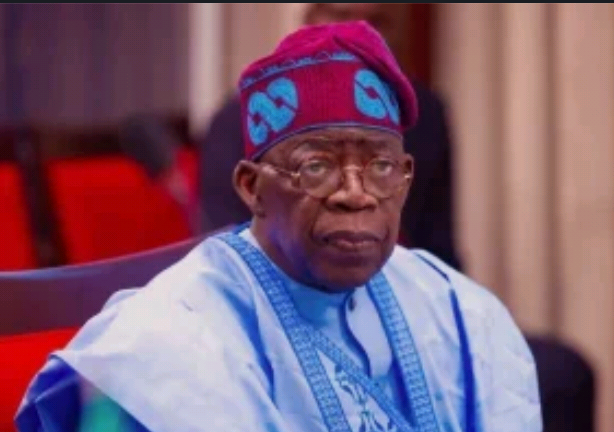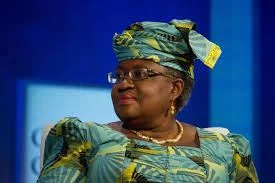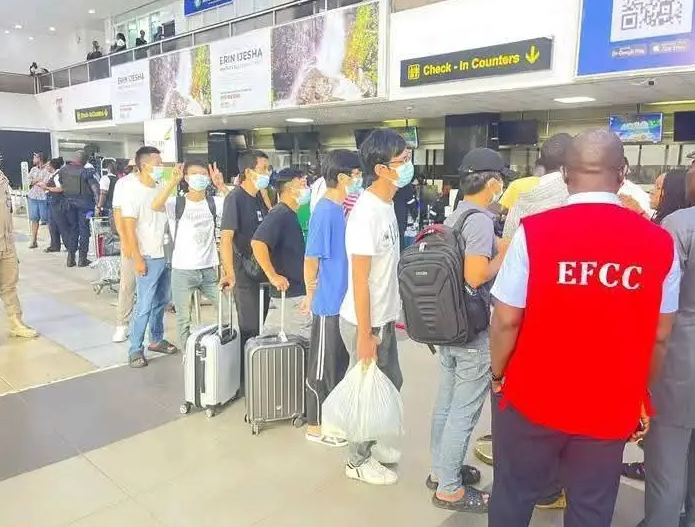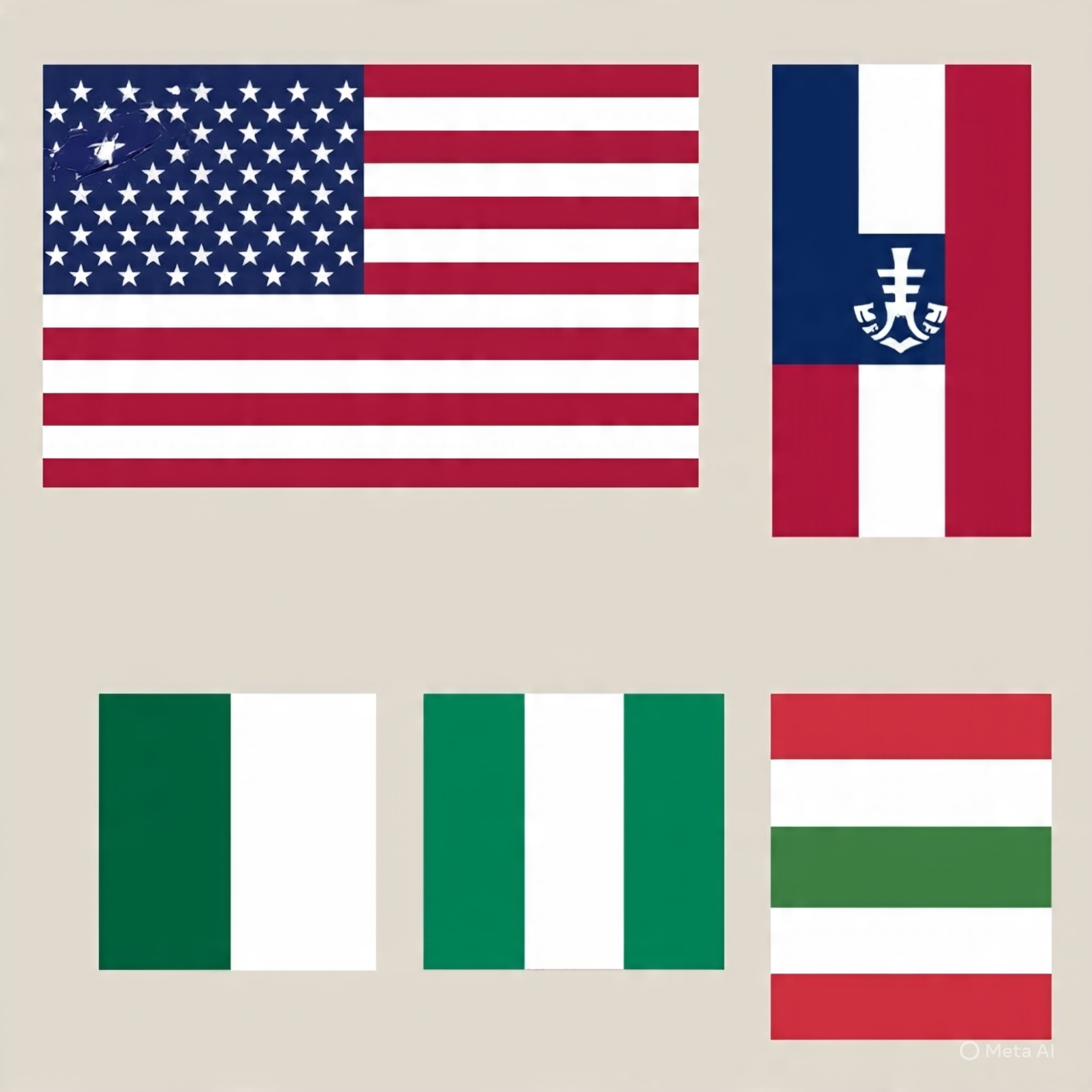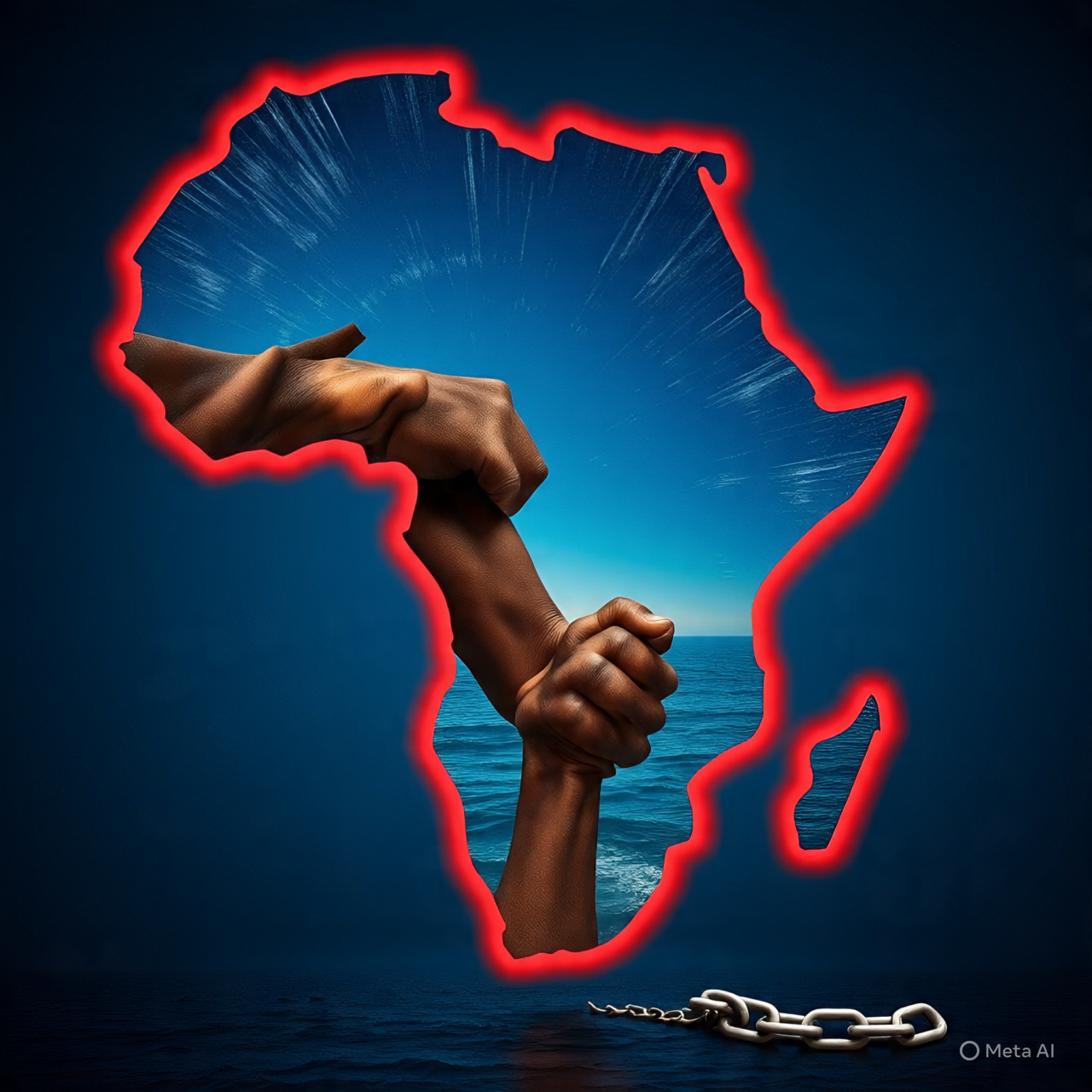
The Impact of Illegal Miners on African Insecurity
Illegal mining activities pose significant threats to communities across Africa, contributing to insecurity, environmental degradation, and social challenges. Nigeria is among the countries experiencing such impacts.
Impacts of Illegal Mining
- Displacement and cultural disruption: Communities face forced removals affecting traditional ways of life.
- Environmental harm: Mining can contaminate water, cause soil erosion, and damage ecosystems vital for local livelihoods.
- Violence and insecurity: Illegal miners often use coercive tactics leading to fear, displacement, and human rights concerns.
- Health risks: Exposure to pollutants from mining affects community health.
Factors Contributing to Illegal Mining
- Weak regulatory frameworks: Gaps in laws and enforcement enable illegal activities.
- Corruption: Can facilitate unauthorized mining operations.
- Economic drivers: Demand for minerals and poverty fuel illegal mining.
- Lack of alternatives: Economic pressures push communities toward tolerating or engaging in illegal mining.
Context in Nigeria and Africa
- Niger Delta oil conflicts in Nigeria highlight longstanding issues over resource extraction.
- Artisanal and illegal mining of minerals like gold, tin pose environmental and security challenges across Africa.
Empowering Communities
- Resource mapping helps communities anticipate threats.
- Awareness and education inform communities about risks and rights.
- Community engagement in decision-making can lead to more equitable outcomes.
- Collaboration with authorities supports regulation and protection.
Advice for Community Leaders
- Identify local resources and assess risks.
- Build partnerships with NGOs, government, and stakeholders.
- Develop plans for protecting resources and safety.
- Promote practices balancing economic needs with environmental and social protection.
Challenges and Examples
- Community-based natural resource management shows approaches empowering locals.
- Transparency initiatives like EITI promote accountability in extractives.
- Challenges include capacity constraints, security risks, and balancing competing interests.

